A Glimpse into the Future: Exploring Fuel Efficiency in the 2025 Dodge Durango
A Glimpse into the Future: Exploring Fuel Efficiency in the 2025 Dodge Durango
Introduction
With enthusiasm, let’s navigate through the intriguing topic related to A Glimpse into the Future: Exploring Fuel Efficiency in the 2025 Dodge Durango. Let’s weave interesting information and offer fresh perspectives to the readers.
Table of Content
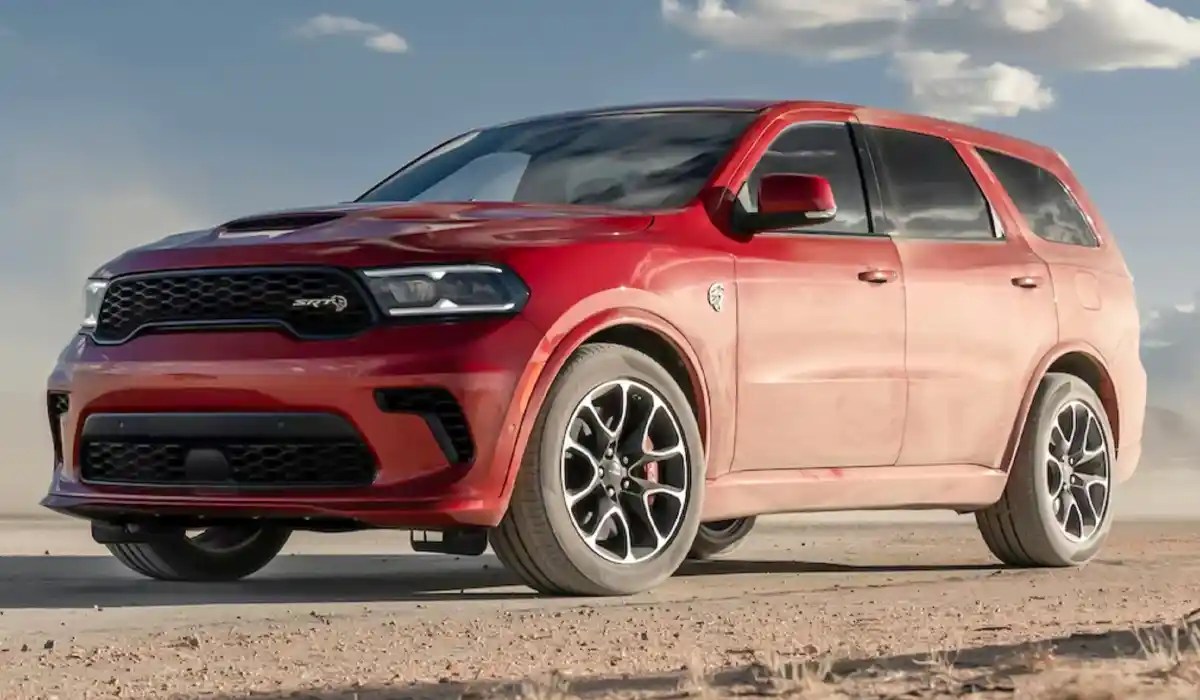
A Glimpse into the Future: Exploring Fuel Efficiency in the 2025 Dodge Durango
The Dodge Durango, a mainstay of the American automotive landscape, is known for its powerful engines and rugged capabilities. However, in an era increasingly focused on fuel efficiency and environmental responsibility, the Durango’s future hinges on its ability to adapt and evolve. While concrete details regarding the 2025 Dodge Durango’s fuel economy remain shrouded in speculation, analyzing current trends and industry advancements provides a glimpse into potential developments.
The Shifting Landscape of Automotive Fuel Efficiency
The automotive industry is undergoing a dramatic transformation, driven by stringent government regulations, rising fuel costs, and growing consumer demand for eco-friendly vehicles. This shift is evident in the increasing popularity of hybrid and electric vehicles, and a renewed emphasis on maximizing fuel efficiency across all vehicle segments.
Factors Influencing the 2025 Dodge Durango’s Fuel Economy
Several factors will influence the 2025 Dodge Durango’s fuel economy, including:
- Engine Technology: The Durango’s fuel efficiency will be heavily influenced by the engines offered. Advancements in engine design, such as direct injection, variable valve timing, and turbocharging, can significantly improve fuel economy while maintaining performance.
- Transmission: Modern transmissions with more gears and advanced control systems can optimize engine performance and improve fuel economy. The 2025 Durango could potentially feature a more sophisticated transmission compared to its predecessors.
- Aerodynamics: Optimizing a vehicle’s aerodynamic profile can reduce drag and improve fuel efficiency. The 2025 Durango may incorporate design elements that minimize wind resistance.
- Weight Reduction: Lighter vehicles require less energy to move, resulting in better fuel economy. The 2025 Durango might employ lightweight materials, such as aluminum or carbon fiber, to reduce its overall weight.
- Hybrid Technology: The incorporation of hybrid technology, combining a gasoline engine with an electric motor, can significantly improve fuel efficiency. While a full hybrid Durango remains speculative, a mild hybrid system could be a possibility.
- Electric Powertrain: The future of the Dodge Durango might even involve an all-electric powertrain. While this is a more distant possibility, the growing popularity of electric SUVs suggests that Dodge may explore this option in the long term.
Potential Fuel Economy Improvements
Based on current trends and advancements in automotive technology, the 2025 Dodge Durango could achieve significant improvements in fuel economy compared to its current models. While precise figures are unavailable, it is reasonable to anticipate a potential increase of 10-20% in fuel efficiency.
The Importance of Fuel Efficiency
Fuel efficiency is crucial for several reasons:
- Reduced Fuel Costs: Improved fuel economy directly translates to lower fuel expenses for consumers, leading to significant savings over time.
- Environmental Impact: Reduced fuel consumption means lower emissions, contributing to a cleaner environment and mitigating the effects of climate change.
- Increased Range: Greater fuel efficiency extends the vehicle’s driving range, reducing the frequency of refueling stops.
- Enhanced Performance: In some cases, fuel-efficient technologies can actually enhance performance, providing a more responsive and enjoyable driving experience.
Frequently Asked Questions
Q: Will the 2025 Dodge Durango be available with a hybrid or electric powertrain?
A: While a full hybrid or electric Durango is uncertain, Dodge might introduce a mild hybrid system to improve fuel economy. However, the company’s focus on performance and off-road capabilities suggests that a fully electric Durango may not be a priority in the near future.
Q: What are the potential fuel economy figures for the 2025 Dodge Durango?
A: Speculating on specific figures is challenging, but based on current trends, a 10-20% improvement in fuel economy compared to the current models is plausible.
Q: Will the 2025 Dodge Durango maintain its rugged and powerful character?
A: While fuel efficiency is a growing concern, Dodge is likely to retain the Durango’s core identity of power and off-road capability. The company will likely focus on integrating fuel-efficient technologies without sacrificing performance.
Tips for Maximizing Fuel Efficiency in the 2025 Dodge Durango
- Drive Smoothly: Avoid sudden acceleration and braking, as these actions consume more fuel.
- Maintain Proper Tire Pressure: Underinflated tires increase rolling resistance and reduce fuel efficiency.
- Optimize Cargo Load: Excessive cargo weight can significantly impact fuel economy.
- Regular Maintenance: Ensure that the engine, transmission, and other components are properly maintained for optimal performance and fuel efficiency.
- Use Cruise Control: Cruise control can help maintain a steady speed, reducing fuel consumption.
Conclusion
The 2025 Dodge Durango is poised to embrace a future where fuel efficiency and environmental responsibility are paramount. While maintaining its signature ruggedness and performance, the Durango will likely integrate advancements in engine technology, aerodynamics, and potentially even hybrid technology to achieve significant improvements in fuel economy. This evolution will not only benefit consumers through reduced fuel costs but also contribute to a cleaner and more sustainable automotive landscape.

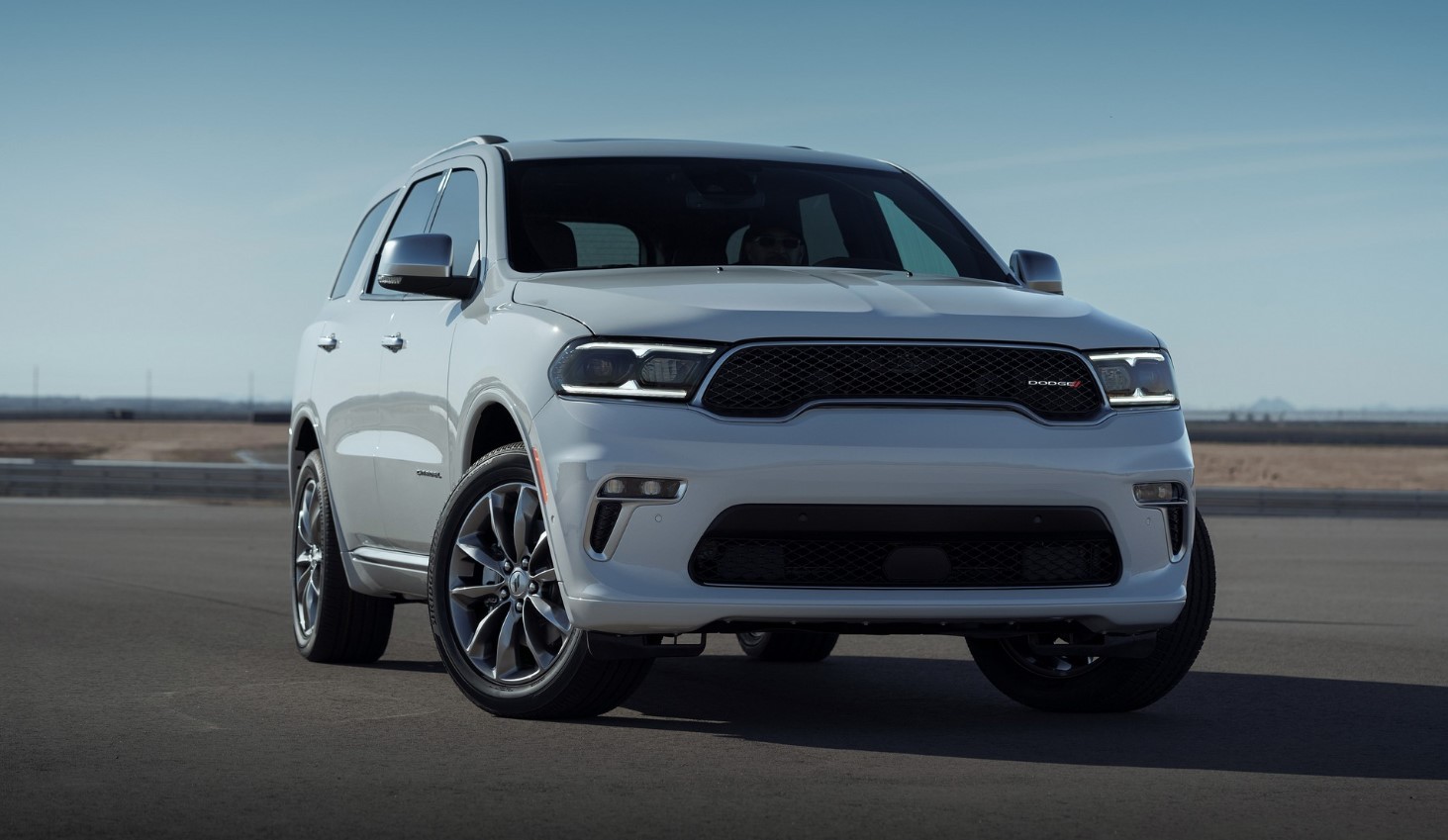
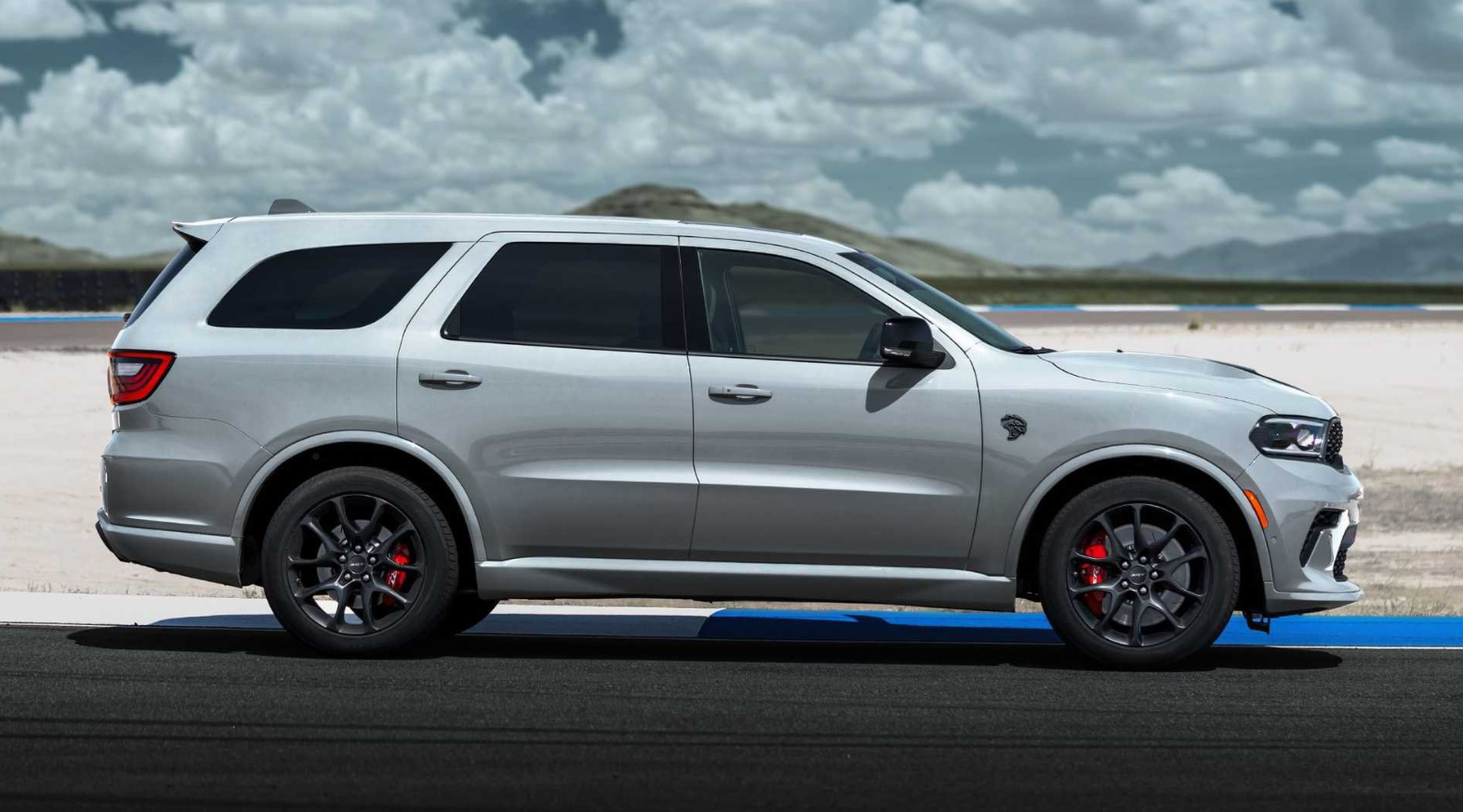

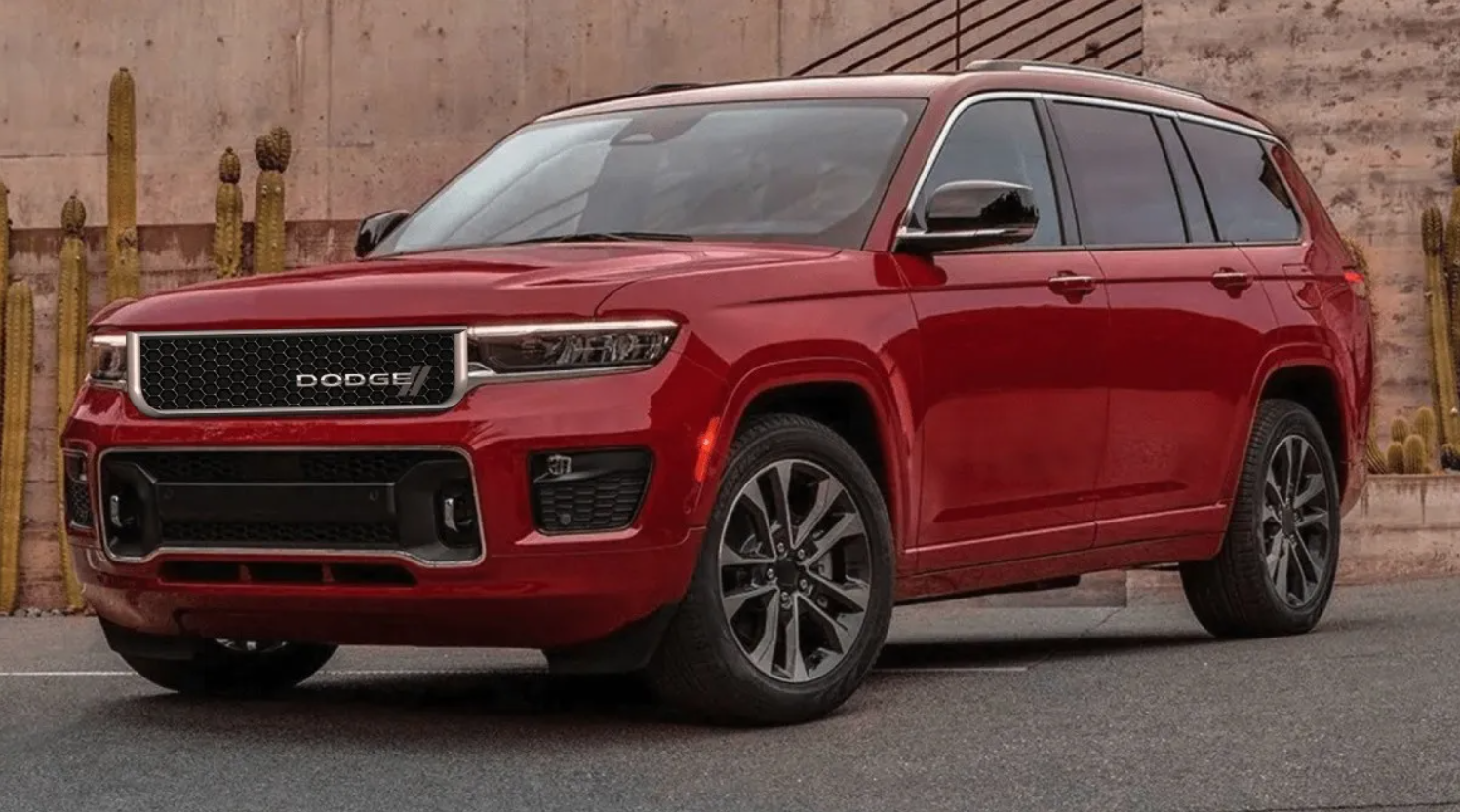
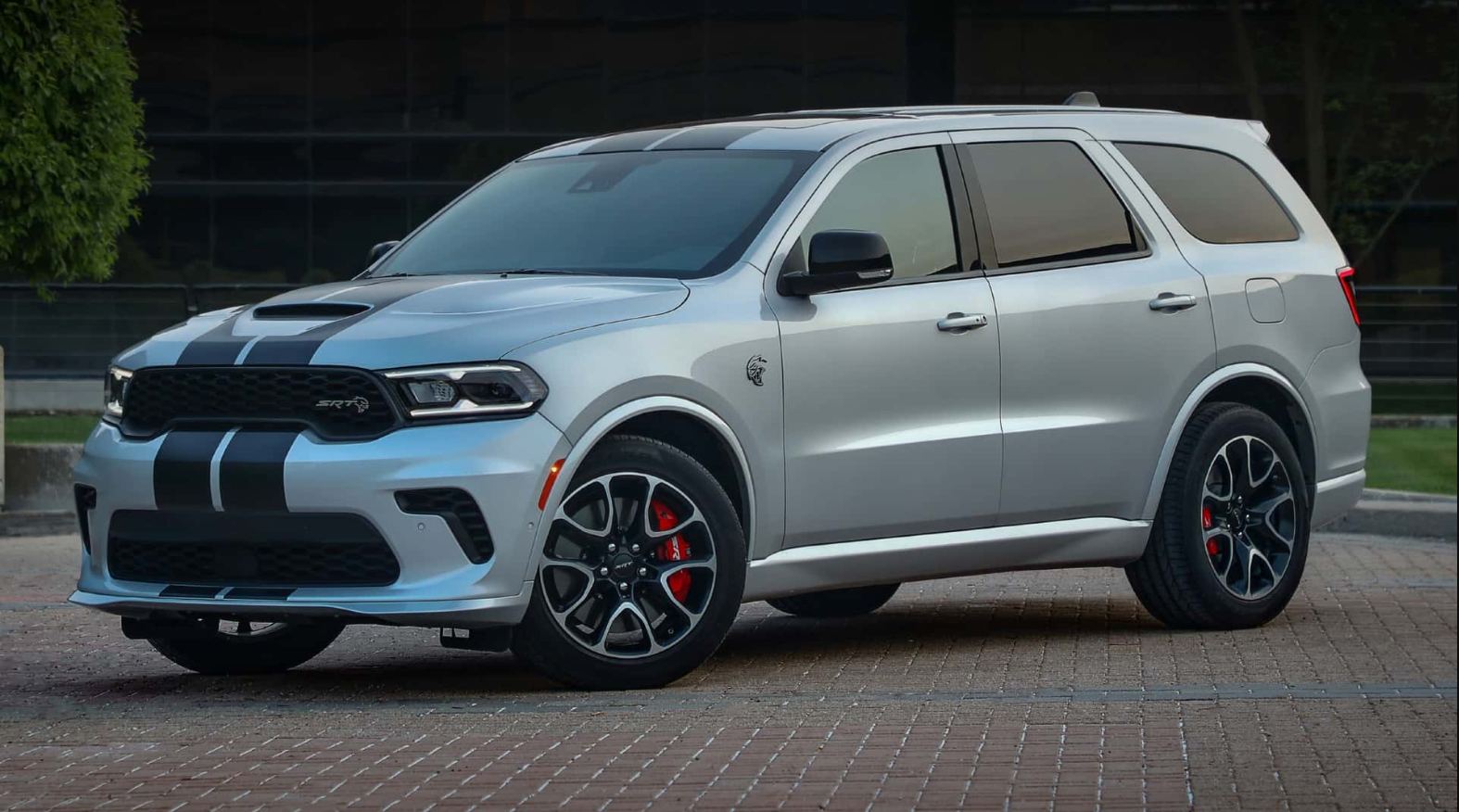
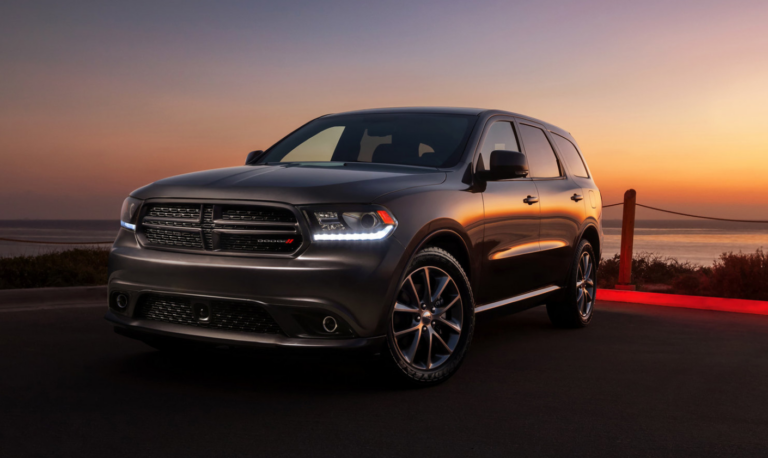
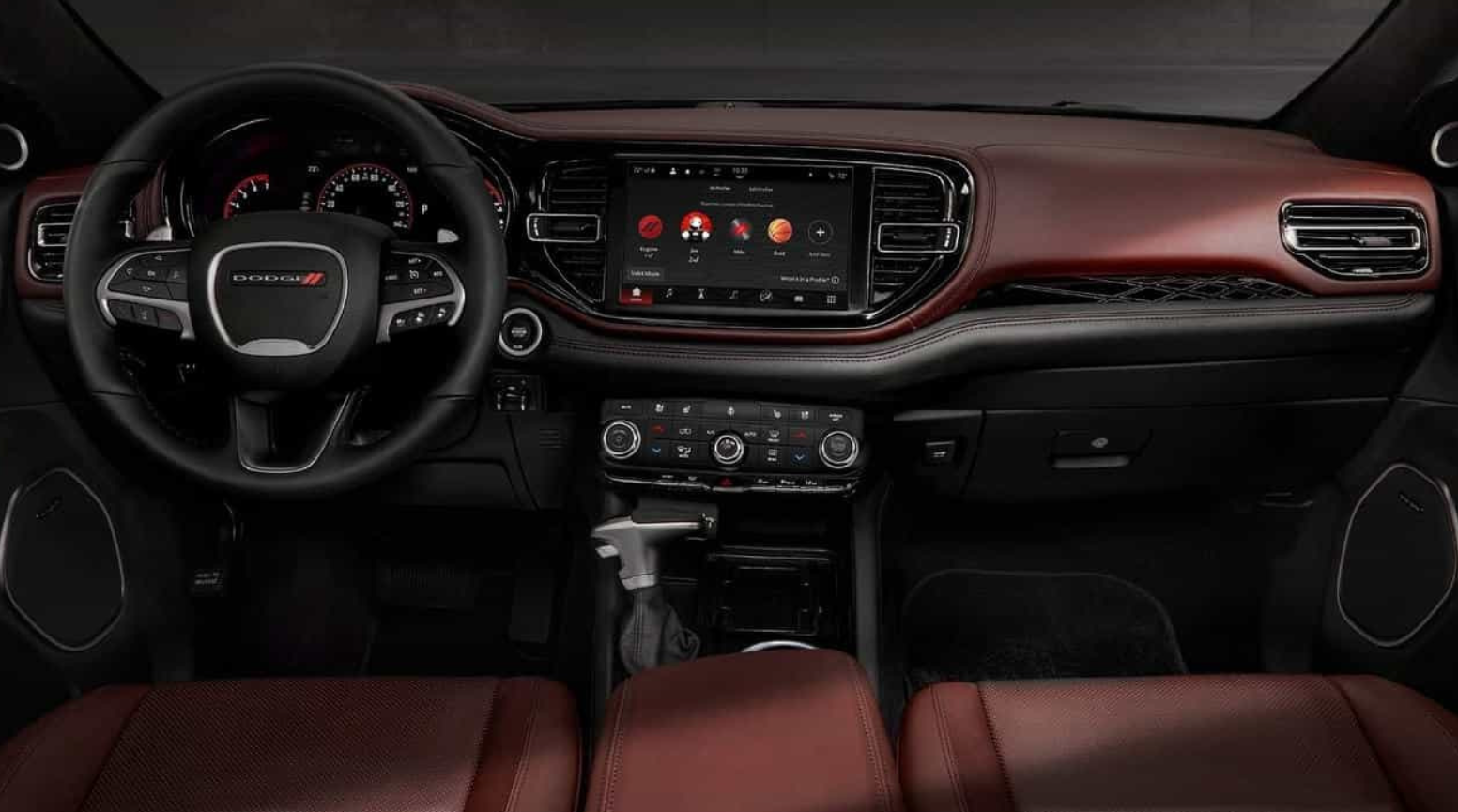
Closure
Thus, we hope this article has provided valuable insights into A Glimpse into the Future: Exploring Fuel Efficiency in the 2025 Dodge Durango. We appreciate your attention to our article. See you in our next article!